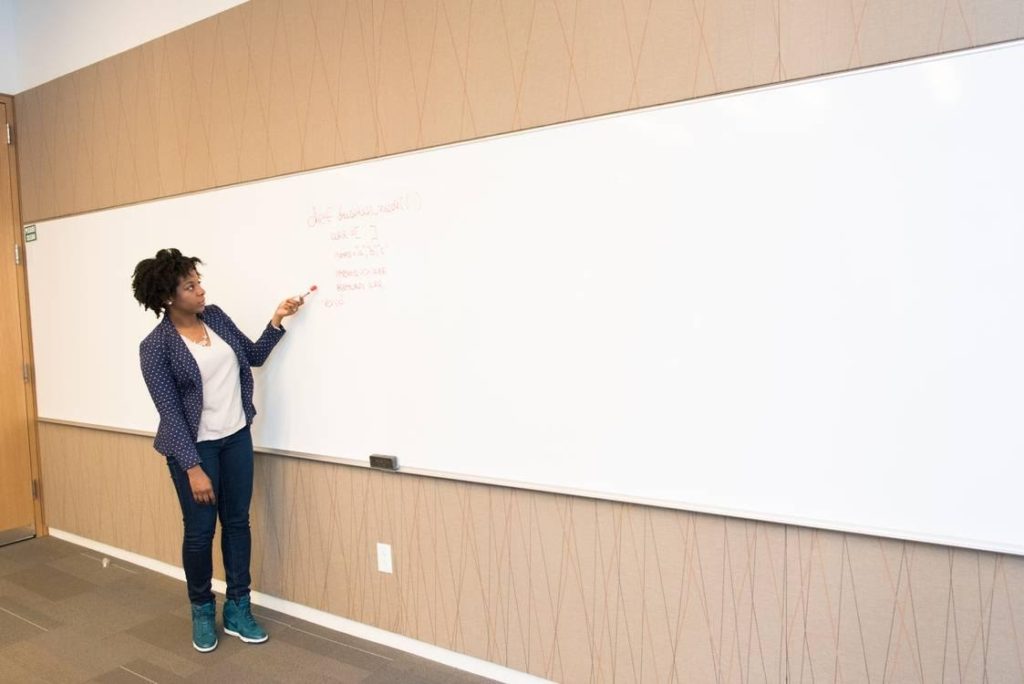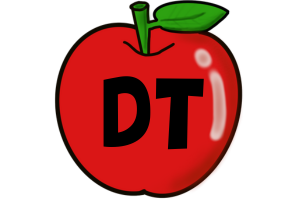
Every student is special. They have their quirks, some outperform in artistic endeavors, others in understanding numbers or some are a mix of this and all else. While standardized testing is an important way to maintain an equal playing field for all students, a nuanced way to go about understanding each student is a marker of a good teacher.
Report cards become a medium of letting parents know how their child is doing if they are learning, adapting, and participating in activities.
Writing effective comments on a report card can be a helpful way to inform parents of the child’s progress. Parents may not be familiar with technical educational jargon, so why litter the report card with that?
Instead, it would be wise to simply and qualitatively lay out how the student performed in school during their last term in a holistic manner.
Here are some reasons that, as an educator, might help you reorient yourself when thinking about writing comments on report cards as the task is far from easy, especially when you have deadlines to meet and a significant number of students to grade.
What Is a Report Card?
It is a document that has all the important records of the child’s performance throughout the academic year or for the duration of the classes. The report card communicates a set of grades awarded against a child’s performance. These determine what level of difficulty the child is facing or has been able to achieve either relative to the class or as an absolute standard.
Other than academic performance, report cards include a child’s extra and meta-circular activities. Each section of the report is succinctly summarized qualitatively in the form of written remarks by the teacher. When writing comments on report cards, it is important to make sure you’re highlighting the student’s strengths and encouraging them to do better in the areas they require extra effort.
This stands out as a valuable document for a child and parent alike, so it is important that the teacher highlight evidence of what they are claiming about the child’s performance so it reflects their strengths and weaknesses effectively.
What Are Comments on a Report Card?

The comments on a report card range from talking about a child’s performance in their subjects, class exercises, their general attitude in school to participating in intra school activities.
Teachers write descriptive comments on the child’s performance in different areas, these are elaborate and qualitative highlighting the strengths she/he possesses and simultaneously encouraging the child to improve in aspects they might potentially lack in.
Report cards ought to have carefully worded comments that effectively communicate students’ performance. The remarks should be personalized for each child, to provide meaningful insight and feedback that is positive.
However, it is important to note that an older child will read their teacher’s comments and is likely to create a self-image based on these statements. Thus positive feedback becomes reinforcement or a source of inspiration that might act as an important factor in the child’s mental development. Thus a marker for an effective teaching method.
Do They Help?

A report card can be one of the most important documents parents receive. Words of encouragement make parents realize that their child is a capable individual who has his/her own merits that ought to be appreciated.
These evidence-based comments can help the parents track their child’s performance throughout the term and receive well-rounded feedback on how they can take part in their child’s growth academically.
Children and young adults tend to spend at least a good chunk of their time at school or studying. This means they are away from their parents for a significant amount of time. That time spent is the time entrusted to educators like you to use wisely and effectively. You now become in charge of little hellions or rebellious teenagers who are learning from everything they come in contact with in their environment. Thus schools or classrooms end up becoming spaces where they interact and develop. So it seems only natural that parents want to know how and what their children are doing for such a large part of their day.
On a larger scheme of things writing comments on student report cards is a way to showcase that the academic world has evolved and has become more inclusive of a plethora of talent. it encourages objectivity but with compassion and positive reinforcement.
Strategies to Writing Effective Remarks on Report Cards

Writing effective comments on report cards takes effort and time. Teachers have to be careful of how they are wording their remarks, so they don’t sound too discouraging and may make parents feel like their child is beyond help or the child feels like he/she has no strengths. Starting out with positive remarks makes one be more open to understanding where they might have made mistakes and rectifying those.
Thus it puts more pressure on you as an educator to come up with meaningful comments on report cards. To make this a bit easier for you during stressful times we have listed a few strategies that will help you provide valuable feedback that can be personalized relatively easily for each student.
Start on a Positive Note
It is more productive to start a comment with a positive note. Parents and children alike tend to give more weightage to a comment that highlights the learner’s strengths.
– Use words like ‘demonstrate’, ‘developed’ ‘learning to’ ‘steady progress’ to show that the student might slowly be progressing towards an outcome that his/her peers have already reached. This tends to highlight the student’s present growth and the potential he/she has for further growth.
– When giving any feedback that might target the child’s weakness, start and end it on a positive note. This shows that you are not critical of the child rather invested in their growth.
Comment on Their Overall Behavior
As an educator, fairness is key to your ethics and moral code. So, while the grading system quantifies a child’s academic performance in class, reflecting on his/her behavior too leans a wholesome outlook to their overall performance.
– How a child is conducting himself in the class.
– How they are interacting with their peers can be an indicator of their personalities.
– For older students talking about their behavior to their parents can seem invasive so you ought to be careful when dealing with such a situation; perhaps mentioning class participation could be the safest route to take. Some examples can be:
- *student name* has been showing an increasing interest in i.e. learning new things
- He/she enjoys giving feedback in class
- Expresses ideas very well
- Needs to be more careful with their conduct in class
- Has shown a better aptitude for working in one on one situations.
– You should talk about the student’s ability to work in groups and individually. This helps parents understand and reflect on their child’s behavior as individuals interact with his/her peers.
– Paying attention to how students interact within and outside of a classroom also reflects on their ability to work in different settings.
Mention Room for Improvement and Strengths
Every student has some or the other areas that they need improvement in. Highlight these while simultaneously mentioning an area he/she has excelled in, in the past term. Tell them that the student shows an attitude for growth and provide some examples or advice that can improve areas that need special attention.
Mentioning engaging activities that stimulate the child’s mind and increase their learning capacity can help give some direction for parents to take with the improvements you have mentioned. Give them examples of what might have worked for others and can work for their child too.
Be Transparent and Communicative
Be candid with the parents and students alike about their performance. However, do remember that compassion goes a long way when you give remarks on someone’s performance. The words you use should be honest and used with careful consideration because they impact the child’s response to learning a lot.
When you mention advice and activities to parents that can help their child perform better, be sure to leave room for communication. Add that they can reach you or set up a meeting with you to discuss, extensively on how to move forward with the advice given. It is always appreciated when an educator is transparent about their feedback and communicative.
Report cards are a way to track how a child is doing academically and outside of classrooms. As an educator, you have a certain responsibility when writing comments on final report cards that can add to the child’s growth. However, all children take their own pace to excel and develop. Your job as an educator is an important one, to encourage them at their own rate and provide support when needed.


